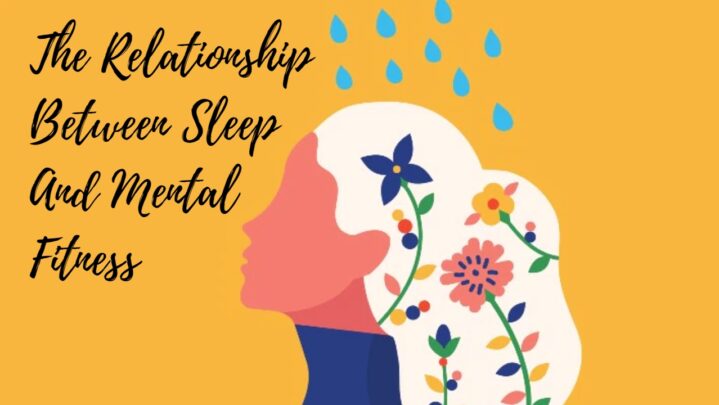Sleep deprivation can lead to stress, worry, and despair. When a person does not get enough sleep, their body goes through physical and emotional stress, which can exacerbate the symptoms of mental illness. Sleep deprivation can also impair memory and cognitive performance, making it harder to focus and remember knowledge.
A healthy frame of mind, on the other hand, can encourage better sleep. People who are comfortable and in a good mood are more likely to fall and remain asleep quickly. When someone is anxious or depressed, it can be difficult to fall and remain asleep, which can worsen symptoms.
There are various things people may take to improve their mental health and sleep. Regular exercise can help lessen anxiety and depression symptoms while also encouraging good sleep. A regular sleep routine, as well as avoiding coffee and alcohol before bed, can help enhance sleep quality. Furthermore, exercising excellent sleep hygiene, such as developing a calm nighttime ritual and a pleasant sleeping environment, can aid in the achievement of restful sleep.
Finally, sleep and mental health are inextricably intertwined, with one influencing the other. Individuals may enhance their overall health and well-being by taking efforts that boost both. We may improve our mental health by taking care of our sleep, and vice versa.





